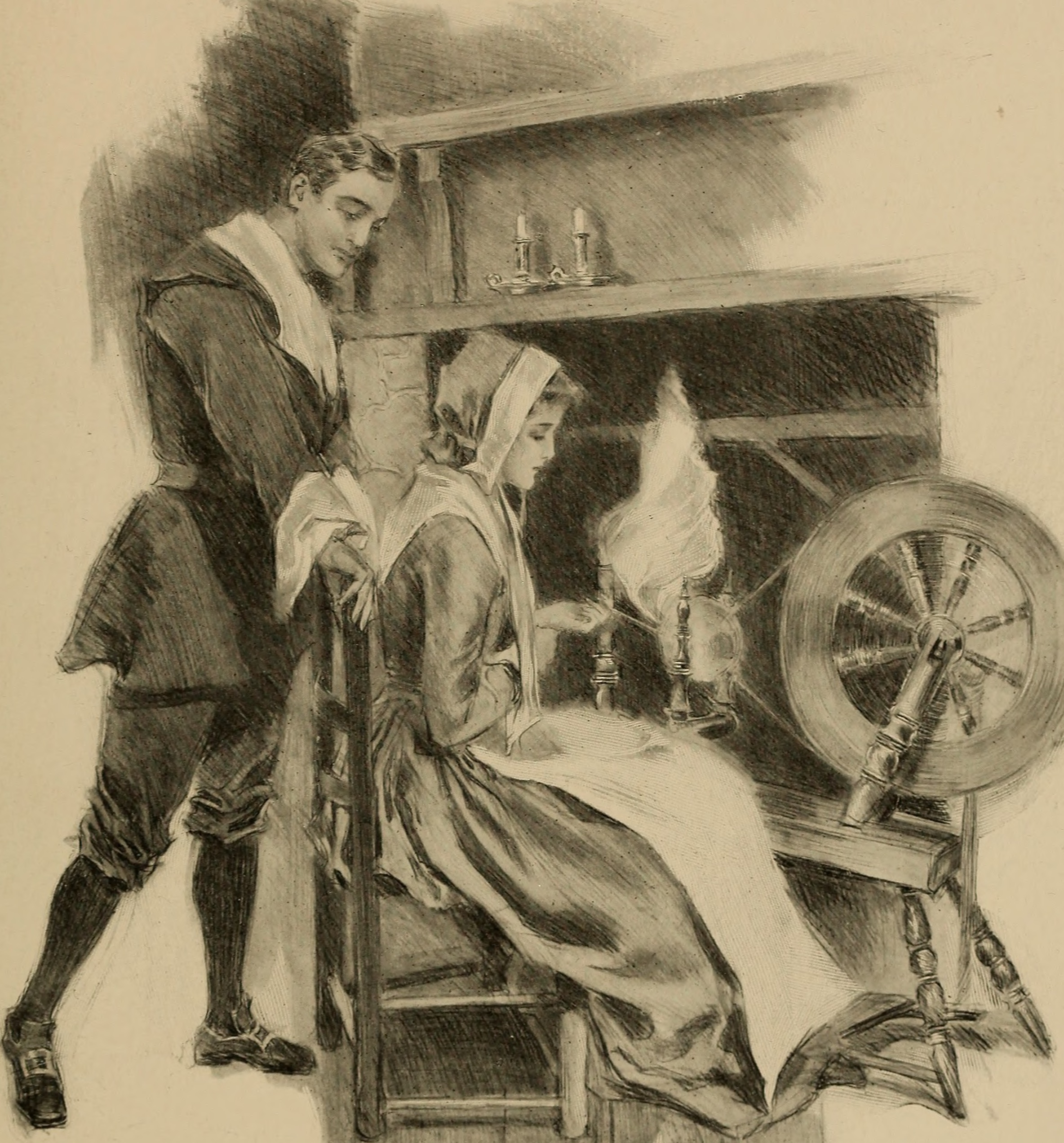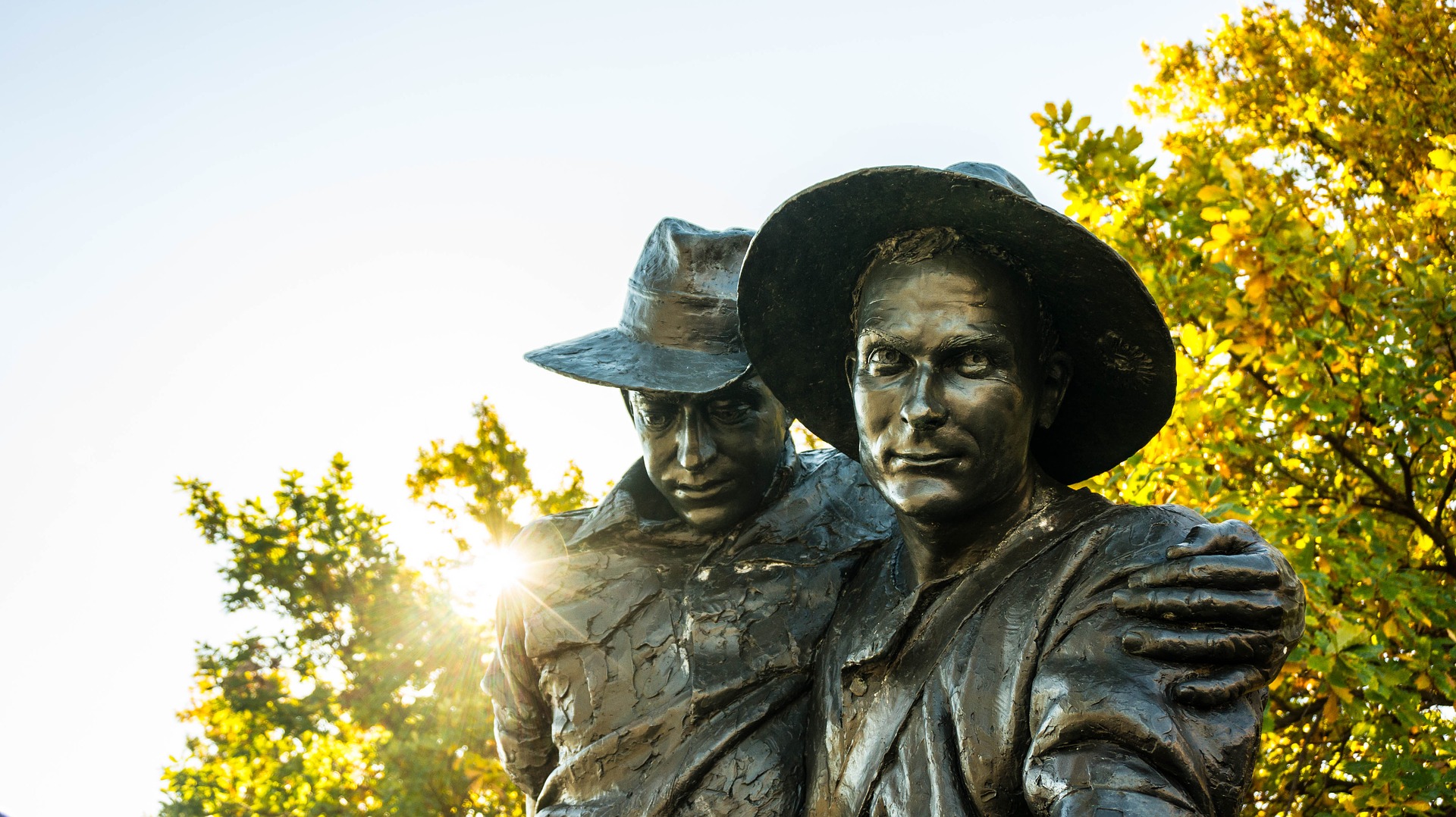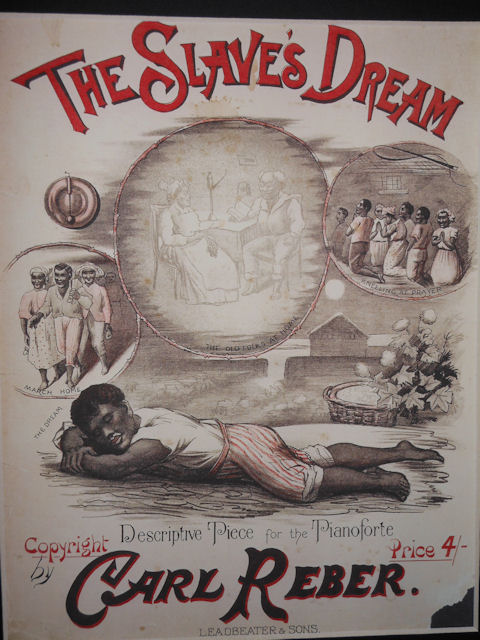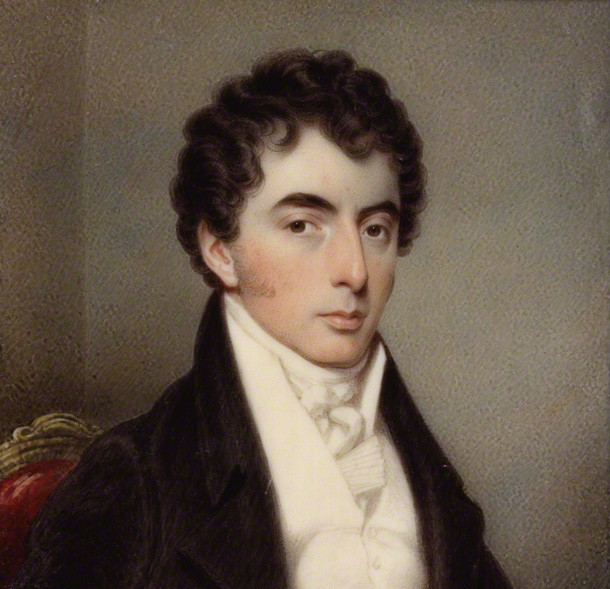This poem analysis of H. W. Longfellow’s ‘Drinking Song’ is divided into four parts – rhyme scheme, subtitle, Greek and Roman references, and deeper significance.
Rhyme Scheme: Longfellow is known for his use of simple rhyme schemes, and ‘Drinking Song’ is no exception to this. The pattern he follows in each stanza is the same, and is very easy to identify, that is, ABAB. This gives the poem a light and playful air, which goes very well with the atmosphere of revelry that he is describing here.
Subtitle: This part of the poem analysis focuses on the subtitle to ‘Drinking Song’, that is, ‘Inscription for an Antique Pitcher’. Taking the subtitle into consideration, the entire poem could be read as Longfellow’s description of the revelry of Silenus and Bacchus, as it is painted on an ancient pitcher. Longfellow wrote his poetry in the nineteenth century – a century in which much interest was taken in history, and one in which the ruins of many ancient civilizations were discovered and put into museums. Perhaps Longfellow had visited a museum with his friend, and was describing a pitcher that had been dug up recently.
Greek and Roman References: This poem explanation would be incomplete without examining all the ancient references that make the poem slightly difficult to follow. The references are explained in the order in which they appear in the poem –
Silenus: Companion and tutor to the god Dionysus or Bacchus
Satyrs: A group of mythical creatures, the male companions of Dionysus, whose bodies were half-human and half-horse
Faun: A rustic forest god of Roman mythology, often associated with enchanted forests or the Greek god Pan and his satyrs
Bacchus: The Roman name of the Greek god Dionysus, the god of grape harvest, wine, ritual madness, religious ecstasy, fertility and theatre
Apollo: The Greek god of music, poetry, art, oracles, archery, plague, medicine, sun, light and knowledge
Bacchantes: Also called Maenads, the female followers of the god Dionysus or Bacchus
Zante: Also called Zakynthos, a Greek island in the Ionian Sea
Claudius: Full name Tiberius Claudius Caesar Augustus Germanicus, the Roman emperor from 41 AD to 54 AD
Tuscany: A region in central Italy
Dithyramb: An ancient Greek hymn sung and danced in honour of the god Dionysus or Bacchus
Lucullus: Full name Lucius Licinius Lucullus, a politician of the late Roman Republic
Longfellow interweaves all these references into the fabric of the poem to conjure up the atmosphere of ancient Greek, and of the kind of revels that were indulged in there, for revels were not thought to be an evil thing, but rather a form of worship and the path to eternal youth.
Deeper Significance: This part of the poem explanation focuses on the level of meaning that lies beneath the apparently simple surface reading of the poem ‘Drinking Song’. Right from the Renaissance, English poets have been absolutely fascinated by ancient Greek and Roman culture. This continued with the Romantics as well, more noticeable in Shelley and Byron than in Wordsworth or Coleridge. In the Victorian era, however, the influence of Greco-Roman civilization on English poetry did decline. In that context, ‘Drinking Song’ may appear to be an atypical poem of the age. However, Longfellow looked back to Greece and Rome not just because of an interest in history, but because of his disenchantment with the present. The Victorian era was known for its prudery, and the English church also preached conservatism. This troubled Longfellow. Looking back at pagan culture gives him an opportunity to legitimately express his objections to the overtly strict cult of Christianity. By celebrating the culture that was prevalent two millennia ago, Longfellow is really criticizing what he sees at the rigidity of his own culture and his own time.
Some online learning platforms provide certifications, while others are designed to simply grow your skills in your personal and professional life. Including Masterclass and Coursera, here are our recommendations for the best online learning platforms you can sign up for today.
The 7 Best Online Learning Platforms of 2022
- Best Overall: Coursera
- Best for Niche Topics: Udemy
- Best for Creative Fields: Skillshare
- Best for Celebrity Lessons: MasterClass
- Best for STEM: EdX
- Best for Career Building: Udacity
- Best for Data Learning: Pluralsight















